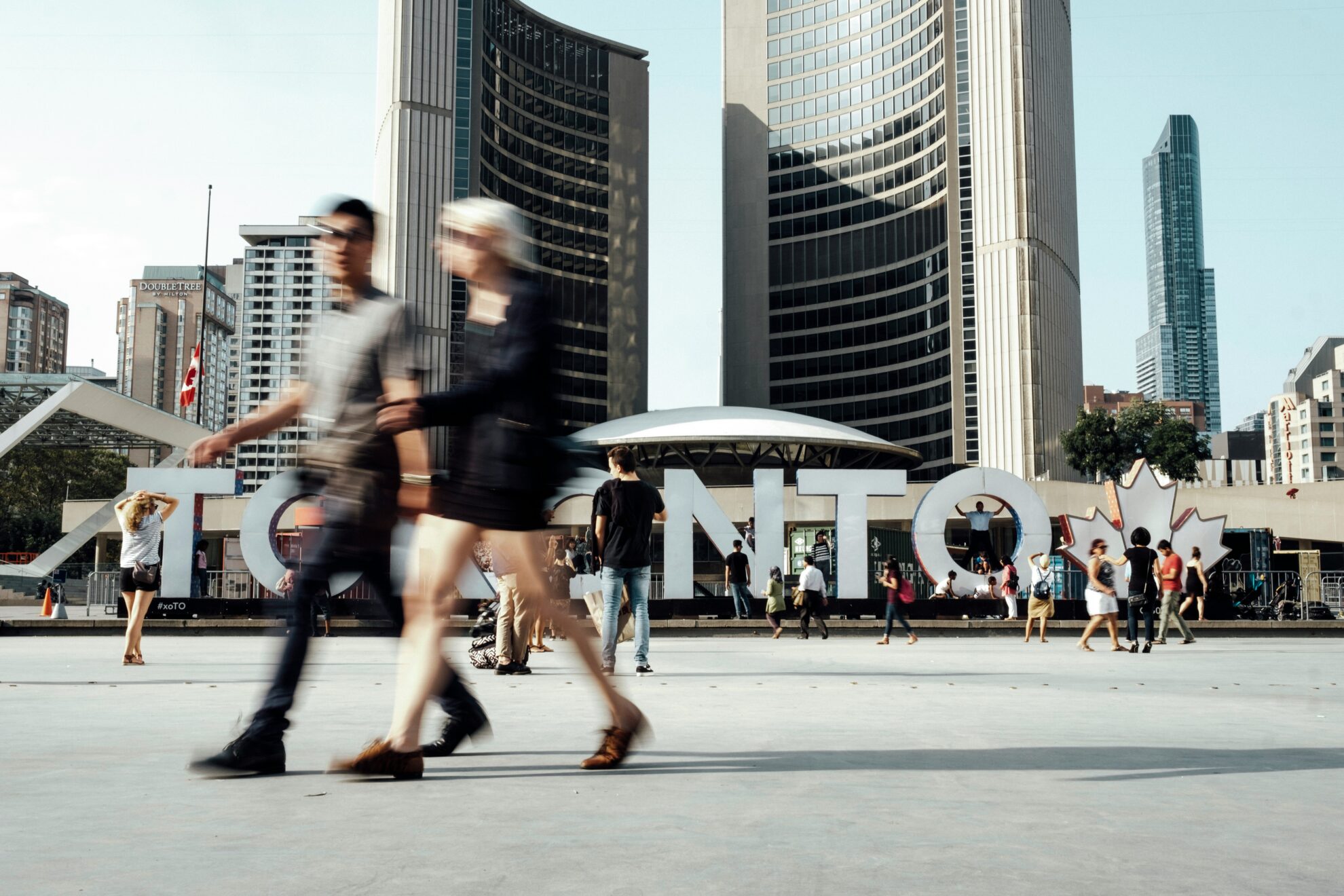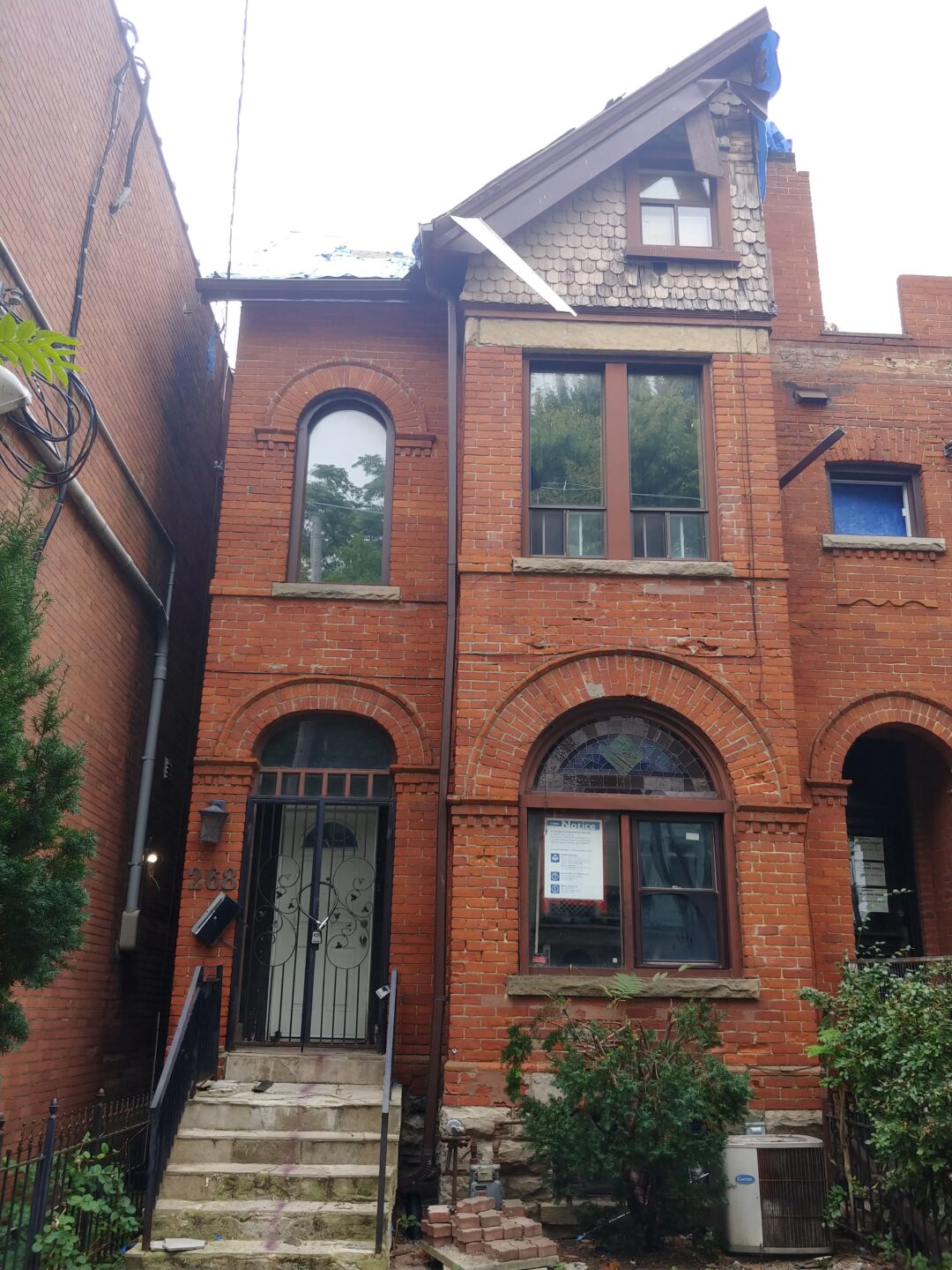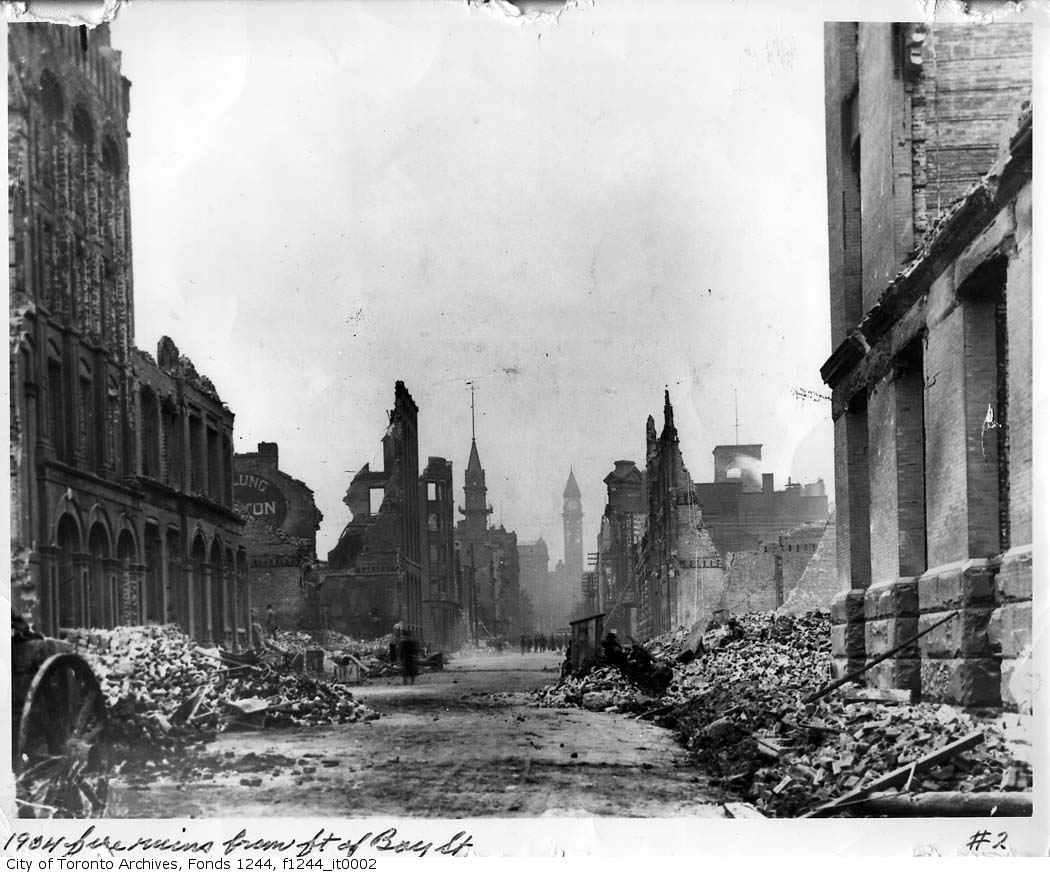By Ben Bull, Columnist –
The recent general election to our south, as well as some of the more curious ones around the world, are enough to make us wonder about the state of democracy.
Do we have the collective wisdom to defend it?
It’s not so much a question of right versus left, it’s more a question of: What, really? This guy?
The fundamental problem with democracy is that it isn’t easy. At various times, everyone who has ever voted has been disinterested, disillusioned, ill-informed or indifferent.
I remember a trip to England before the Brexit referendum. My nephew, who had only ever read a newspaper when his fish and chips were wrapped in it, complained that the issue was “too complicated.”
“I have so many leaflets,” he whined while waving a ‘Vote Leave’ campaign pamphlet in my face. “I don’t know what to believe”.
I explained that both campaigns were riddled with misinformation. That he needed to read around the issues and check out different sources. He scrunched up his fish-and-chip paper and tossed it in the bin.
Democracy is hard work, and it’s not for everyone.
Part of the problem is that democracy doesn’t always reach those of us who need it the most. If you’re sleeping on the street or working three jobs to put food on the table for your kids, you might not get around to marking your ballot.
For those of us who are engaged, the complexity of what we are asked to decipher can be daunting. And not just referendums and elections tax our brains. Democratic citizens get to have their day in court too.
The difference with jury duty, of course, is that not all of us get to take part; some of us are weeded out.
But we can’t weed out voters. Citizenship comes with rights. Sure, you may have to apply for entry to the club – my initial attempts at as a landed immigrant were doomed on account of my mediocre French. Or was it my English? But once you’re in – tout est permis.
As a democratic citizen there are lots of ways to make your country great again. Here are a few you could try:
– Join a neighbourhood association.
Last week my neighbour Alan attended his last neighbourhood meeting after ten years of snacking on cheese platters and sipping cheap wine. During that time, he helped the board get some speed bumps installed in the laneway. He helped host our annual street party. He worked with Metrolinx to replace the back-up beepers on the trucks that trundle back and forth all day on the tracks. Alan is a neighbourhood warrior.
One thing you realize when you join an activist community is that big changes can come from small groups of people. And small changes too. But they are all good changes – and none of them need the nod of approval from the head-honcho at the top of the democratic food chain.
– Join a campaign.
Over the years I’ve joined the ranks of Cycle Toronto, Gasbusters and Walk Toronto. I don’t do that much; I just read the pamphlets and sign their petitions. But I might have helped to move the needle a bit.
– Work on a campaign.
If you want to lose a campaign, just give me a call! Ten years ago, I helped my neighbour not get elected to Toronto City Council. In 2010 I helped a friend of a friend run a distant third to Rob Ford.
Watching the world news, we may sometimes feel we are all losing, that democracy is dying.
But that’s the thing about democracy: You don’t always win. Sometimes you work hard and end up right back where you started. Sometimes you go backwards.
But nothing worth fighting for comes easy. And you can never win if you don’t show up.




